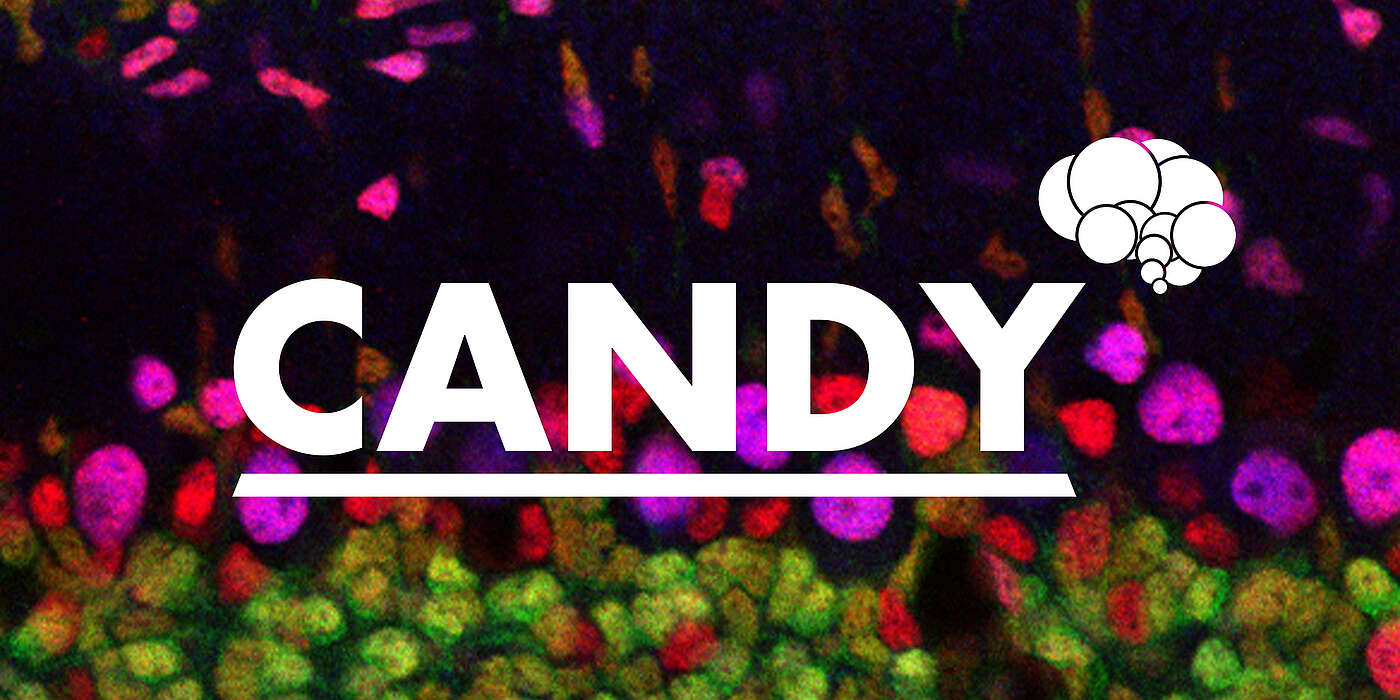The European funded research project CANDY investigates the underlying mechanisms of co-morbidities in neurodevelopmental diseases. “By looking at the mechanisms underpinning neurodevelopmental disorders it is our aim to understand better the cause of co-morbidity of neurodevelopmental and somatic illnesses and to ultimately, find new strategies for prevention and treatment for affected patients,” says project coordinator Prof. Jan Buitelaar of Radboud University
Sixteen partners of six EU-countries, including the team of Prof. Peter Scheiffele at the Biozentrum, University of Basel, are closely collaborating in this international research consortium, coordinated by Radboud University in the Netherlands. As part of the "Horizon 2020" programme, the European Commission is funding the five-year CANDY research project with a total of six million Euro.
Neurodevelopmental disorders and comorbidities
In Europe, 50 to 75 million individuals are affected by neurodevelopmental disorders, such as autism spectrum disorder, attention-deficit hyperactivity disorder, intellectual disability, motor problems and language disorders. Several neurodevelopmental disorders often occur together and on top of that, go along with other somatic illnesses, such as epilepsy, (auto-)immune and gastrointestinal diseases, motor problems, and visual and auditory handicaps, whereby epilepsy is the most common co-occurring illness.
This co-morbidity significantly affects a person’s length and quality of life and there are no effective treatments to date. The reason why some patients develop serious co-morbidities to the already existing neurodevelopmental disorder and others not, is still unclear.
The CANDY research project
This is where the EU-funded project CANDY (Comorbid Analysis of Neurodevelopmental Disorders and epilepsy) sets in. Recent insights into the mechanisms underpinning neurodevelopmental disorders offer new opportunities to create a breakthrough. There is evidence that many rare genetic variants increasing the risk for the different neurodevelopmental disorders are shared and converge on relatively few final common pathways. Another important key role is likely played by immune dysregulation.
CANDY’s innovation is to test, if neurodevelopmental disorders and their common mental and somatic multi-morbidity, are caused by a combination of common and rare genetic variants and immune activation. In their project, the research group led by Prof. Peter Scheiffele, specifically focuses on alterations in lipid transport and homeostasis as a mechanism that widely impacts neuronal function.
Contact: Communications



